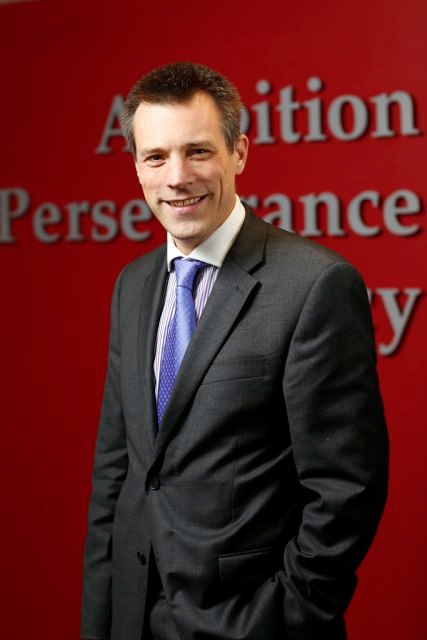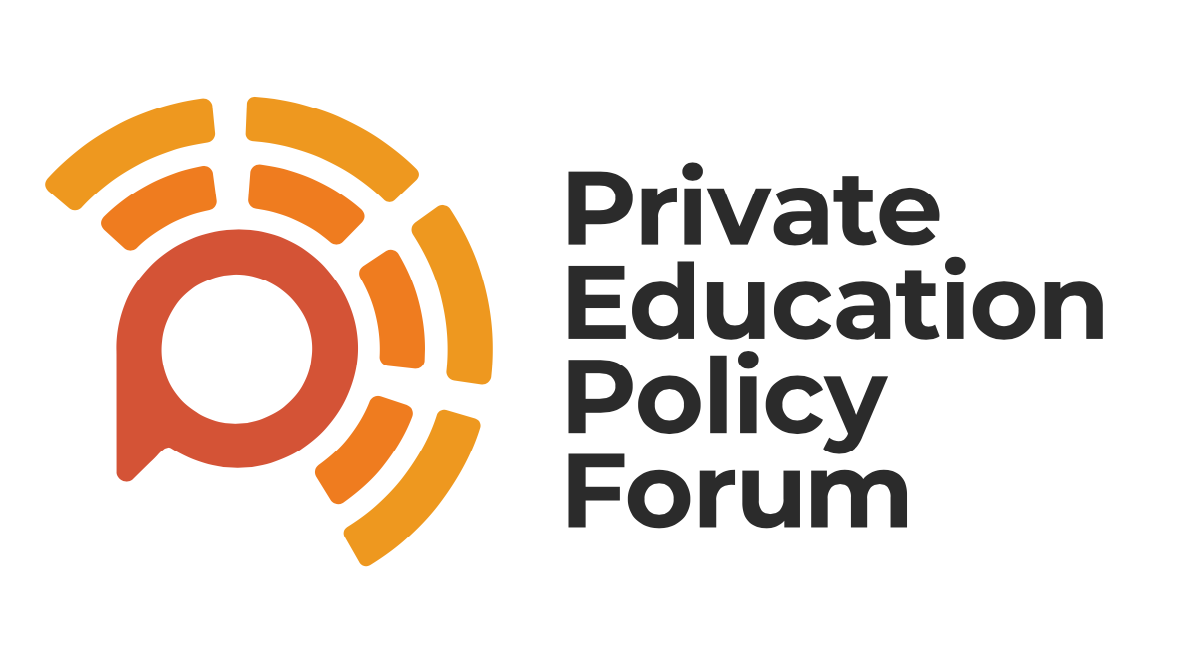
Ministers need to stop hunting out “waste” in state schools and recognise that schools are necessarily idiosyncratic, writes James Handscombe, executive principal
Fifteen years ago, I went to visit India as part of a school exchange: due to the inscrutable workings of fate, our southeast London grammar school had got itself partnered with a private school in one of the Kolkata suburbs and I was part of the delegation.
On our first day there we were shown around the pristine compound – polished stone swept clean behind high walls – and a pair of students spoke proudly of the school, the privilege they felt in being able to attend, and how education would enable their ambitions (which were passionately patriotic and philanthropic).
Meanwhile, we looked out over the walls from a rooftop vantage point and saw the bustling life of West Bengal. The streets were full of honking traffic and were lined with vegetable salesmen sitting cross-legged in front of their wares; cyclists carrying impossible loads weaved their way between ten-ton trucks; and, on a patch of dusty wasteland, a group of kids, for whom schooling was an impossible dream, were playing cricket.
And here we have the private school story – parents with money investing in the dreams of their children so that they will go on to be the doctors, engineers, civil servants of the next generation and make India, in this case, a stronger, better nation.
Meanwhile, less fortunate children, selected through no fault of their own, are locked out, locked into something poorer, more miserable unless sporting excellence whisks them into undreamed-of wealth.
Not only is it unfair that some kids get a better school experience than others, but it is part of the structure that entrenches this unfairness and passes wealth onwards from one generation to the next.
So, should we ban them? Tax them more heavily? Lambast them in wittily-written comment articles?
Unfortunately for those who favour banning, private schooling is essentially protected by United Nations Human Rights legislation – but I think this drive also misses the positives that were so obviously there on that rooftop overlooking the Hooghly river.
Education is a public, as well as a private, good – we all benefit from skilled doctors, lawyers, engineers, politicians; and given that some people have more money than others, it’s better for us all that it’s spent on learning than if it went on modern art or fast cars.
There is a caveat here, of course, that if education, opportunity, responsibility is concentrated in the hands of a few (we might call this the Eton effect, whereby a few private schools dominate politics, the judiciary, journalism etc) then the key decisions will continue to be made in the interests of the few rather than the many. In other words, in the interests of the polished stone compound rather than the dusty ground beyond the walls.
It’s a powerful case, but I can’t see that the solution is to cut them down. We hear about the high profile, egregiously self-serving examples, but there are hundreds of others each year, quietly adding to our economy, to our society.
Unless Eton has got something badly wrong that the Kolkata school got right (and I don’t think it has), we should expect the majority to be philanthropic and patriotic in their ambitions.
Higher taxation (or, at least, the abolition of tax-breaks) has a greater resonance, but I think it misses the point: the amount of money we’re talking about is tiny compared with what state schools need – and I think this is a key argument in favour of the independent sector: they show us what can be done, what great education can look like, to what level state schools really should be funded.
I’m not talking about polished stone or uniforms with hats or even swimming pools, sports fields or theatres – we need to look past those to the learning that’s happening.
How long are they in classes for? What opportunities do they have after school? How well are their teachers trained, how well do they know their subjects?
A truly marvelous education needn’t cost the termly fees of a typical private school, but it does cost more than the government is currently investing.
To my, not unbiased, mind the underfunding of sixth forms is the most egregious current issue – it’s based on a maximum of sixteen hours a week which is not only a lost opportunity for learning, but also gives an inadequate impression of full-time work.
The privilege felt by the Indian students I met was of being in classes when they knew that some of their peers were not. We need to give our young people lessons to go to, to give all our young people that ambition and sense of responsibility.
Disadvantaged students are not less valuable to society because their parents have less money; they’re not less capable, but they lack opportunities to develop confidence and skills and habits and contacts whilst they are at school and are therefore less likely to be in positions of power when they grow up.
As a society we miss out not only on their talent, but also on their viewpoints, their experience, the things they have lived through that would mean they wrote laws and made judgments that benefited the whole country and not just those who can afford to live behind the gates.
The inequality that I saw in Kolkata, that exists in our own society, will not be solved by private schools – they lack both the wherewithal and the incentives to do so.
If we want to address it (and I do), and we believe that education has a role (and I do, although it’s not the whole story), then we should set our minds to improving state schools.
We should be taking ideas from the independent sector; campaigning for funding in line with the market cost of education; and voting for governments that will invest in the dreams of our children and equip them to build a better future for us all.
So, in conclusion, I think we’re wrong to focus on what to do about private schools, to spend thought, energy, legislative time on constraining them – the way to address this inequality is to think about how to improve state schools, and this is going to cost money.
What might our round figure be? I would say something like £1,500 more per student per year, which is a bit less than a 25 per cent increase on the 2023/24 figure. That would be enough to make a transformative difference, such as being able to:
- offer a full working week in the sixth form
- reduce class sizes in year 9 so there’s an additional empty chair you can use in the impossible juggle of a difficult class’s seating plan
- give teachers a bit more time so that the end of the day finds them energized for small group intervention or after-school clubs rather than exhausted and brought down by the pile of marking on their conscience
- and make teaching an aspirational career for our brightest and best graduates.
It can never be that aspirational career if every minute of a teacher’s day is accounted for. There needs to be discretionary time to try out ideas, develop skills, innovate.
The brightest and best graduates want to think about solving problems, have real opportunities to lead, not simply follow protocols.
Ministers need to stop hunting out “waste” and to recognise that schools are necessarily idiosyncratic. They need to realise that a “board games club” delivering on absolutely none of the measurable outcomes can be a key part of anti-bullying – and they need to realise that schools are unpredictable places where urgent challenges in the lives of their students require the application of reserves. Very often what is needed is someone with the time to sit down and work through the problem – time that on a balance sheet looks as though it’s going to be wasted.
I realise that I’m now headed for an impossible dream of my own. This would be a massive funding increase to ask for in boom time, and I would have to be particularly obtuse not to recognise the difficulties the government currently has with public finances (difficulties that will not be solved by an election, whoever we vote for).
I’m not expert enough to suggest how we could recharge the economy, nor politically astute enough to decide on which parts of society could afford to pay more tax, but I think an important shift could be made if we started thinking of education as investment.
The reason that private schools have charitable status is that education is a public good. We’re not simply making lives better for the young people in front of us (although that’s a privilege and responsibility the thought of which has got me through some tough days); we’re not simply taking them off their parents’ hands so that they can go out to work (which is how I think we’re sometimes seen and valued).
Instead we’re setting up the next generation to be productive, and hard-working, and philanthropic.
Maybe this reminder is reason enough not to mess with charitable status of private schools – but only, I think, if we remember that schools benefit us all, that they are an investment for our old age.
Perhaps the government could find the motivation for that 25 per cent uplift, by really articulating that return on investment?
James Handscombe is the executive principal of Harris Westminster and Harris Clapham sixth forms, having been the founding principal of Harris Westminster (a highly selective state sixth form that prioritises disadvantaged students) since 2014. He was educated at Oxford and Harvard universities and has been teaching in schools since 1999. At heart he is a mathematician and is on record as claiming to “bleed numbers” – he’d rather nobody attempted to verify this.



